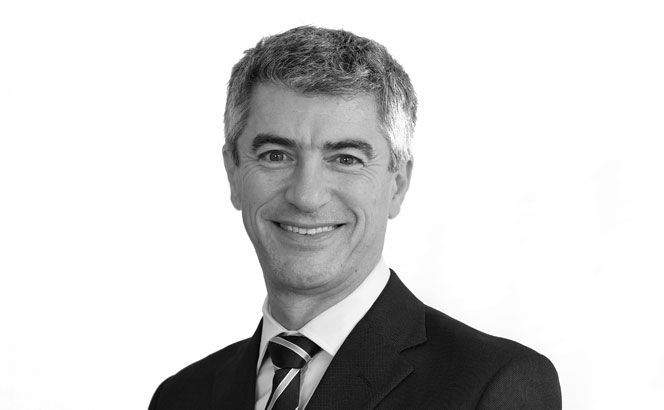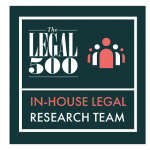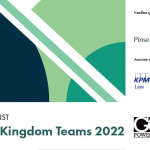As we seemingly head from one global crisis to another, the pressure being shouldered by business leaders is relentless. We’re operating in a period where economic uncertainty and the geopolitical environment has left markets unsettled, inflation and interest rates are rising, and where multimedia platforms mean that the scrutiny upon us is not limited to the Board and shareholders. It can come from anyone: our people, our customers, our supply chains, political leaders and parliamentary committees, pressure groups and the world at large. It is a challenging time to lead a business.
If a business is to survive, then the financial wellbeing of that business matters. But how does this need for commercial resilience sit alongside the corporate world’s increasing commitment to the ESG agenda and to society – often driven by a purpose-led strategy – when the two have historically diverged? Have we reached a point where those wider comments are such that they can withstand the financial buffeting heading the way of business?
The resounding response from Powerlisters and GCs is yes. Their place on the agenda is not up for discussion, it’s how we embed those commitments that is the new challenge.
Ethical and sustainable practice has progressed from being a welcome by-product of our approach to doing business to defining who we are, what we stand for and influencing the way we run our businesses. This has introduced a new dynamic, where organisations are increasingly tapping into the breadth of talent and expertise they house within them to drive progress.
And that breadth of talent and expertise we hold in our armouries – including the deployment of public policy, sustainability and other skillsets – and the right use of communication channels – can equip us to react quickly and effectively to the fast-changing and complex macro environment in which we operate.
The role of legal here is key. While, on the surface, these factors may not appear to have a direct legal link, in practice it is often the GC community that is taking the lead in guiding their organisations through unprecedented change. The balance between reputation and risk – what data to publish, how much accountability should we take for our suppliers, avoiding greenwashing accusations – is squarely on the GC agenda. And all placed within a global context, where cultures differ and regulatory requirements vary.
As the GC role becomes more entwined with enterprise risk management, the role of legal providers is changing too.
Five years ago Pinsent Masons began an evolution from a law firm into a purpose-led professional services business. We harnessed and invested in the expertise within our organisation – forensic accountants, tax experts, data engineers, computer scientists, knowledge and project managers and diversity and inclusion consultants – to create the right blend of expertise that works for us and our clients. Put simply, law is at our core but the breadth and diversity of our professional expertise helps us to innovate to make businesses work better.
For us, sharing the values and culture of our clients is key to collaboration. We understand the inevitable change facing the GC community and are partnering with them to address it.
All of the teams on the 2022 Powerlist have been deservedly recognised for their adaptability, creativity and impact upon their organisations and sectors. They are instigating change at the upper echelons, ultimately shaping the businesses of the future. Congratulations to all on this fantastic achievement.
Andrew Masraf
Senior partner
andrew.masraf@pinsentmasons.com
Tel: +44 (0) 20 7418 9514
Pinsent Masons
30 Crown Place
Earl Street
London
EC2A 4ES
To view the profiles for our nominated individuals, please visit:
GC Powerlist United Kingdom 2022












